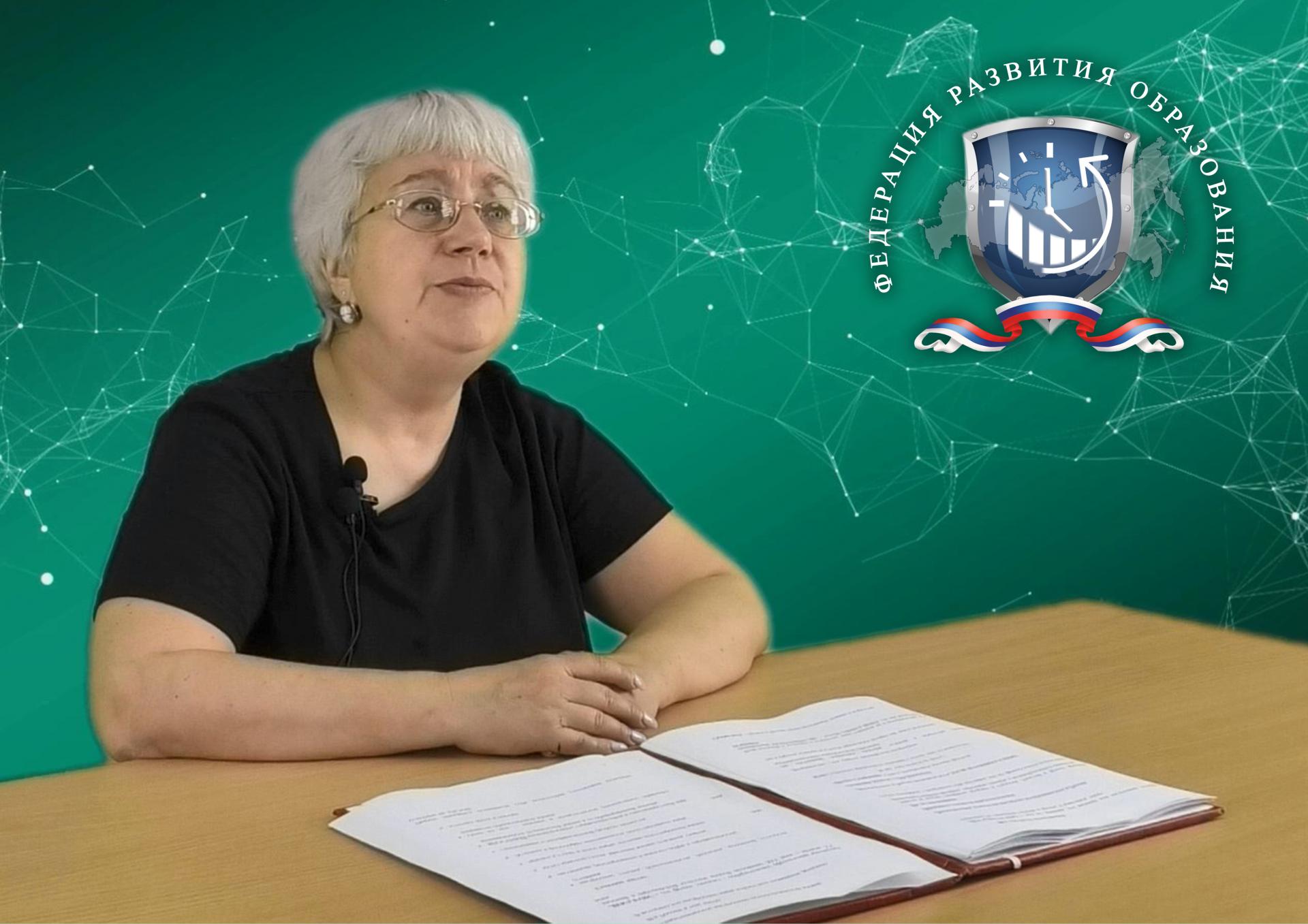As part of the functioning of the educational platform Law University of the Russian Federation", an extensive set of additional thematic events for self-development is held for all students, based on lectures by leading professors, doctors of science.
Additional educational materials for self-development are available to all listeners and students of the educational platform "Legal University.RF"
Key events for the coming semester:
Year of Cultural Heritage
2022 will be dedicated to the cultural heritage of the peoples of Russia. This is stated in the Decree, which was signed on December 30, 2021. President of the country Vladimir Putin.
Decree of the President of the Russian Federation of December 30, 2021 745 “On holding in the Russian Federation the Year of Cultural Heritage of the Peoples of Russia”
a series of lectures by Professor, Doctor of Historical Sciences Alexander Mikhailovich Dubrovsky
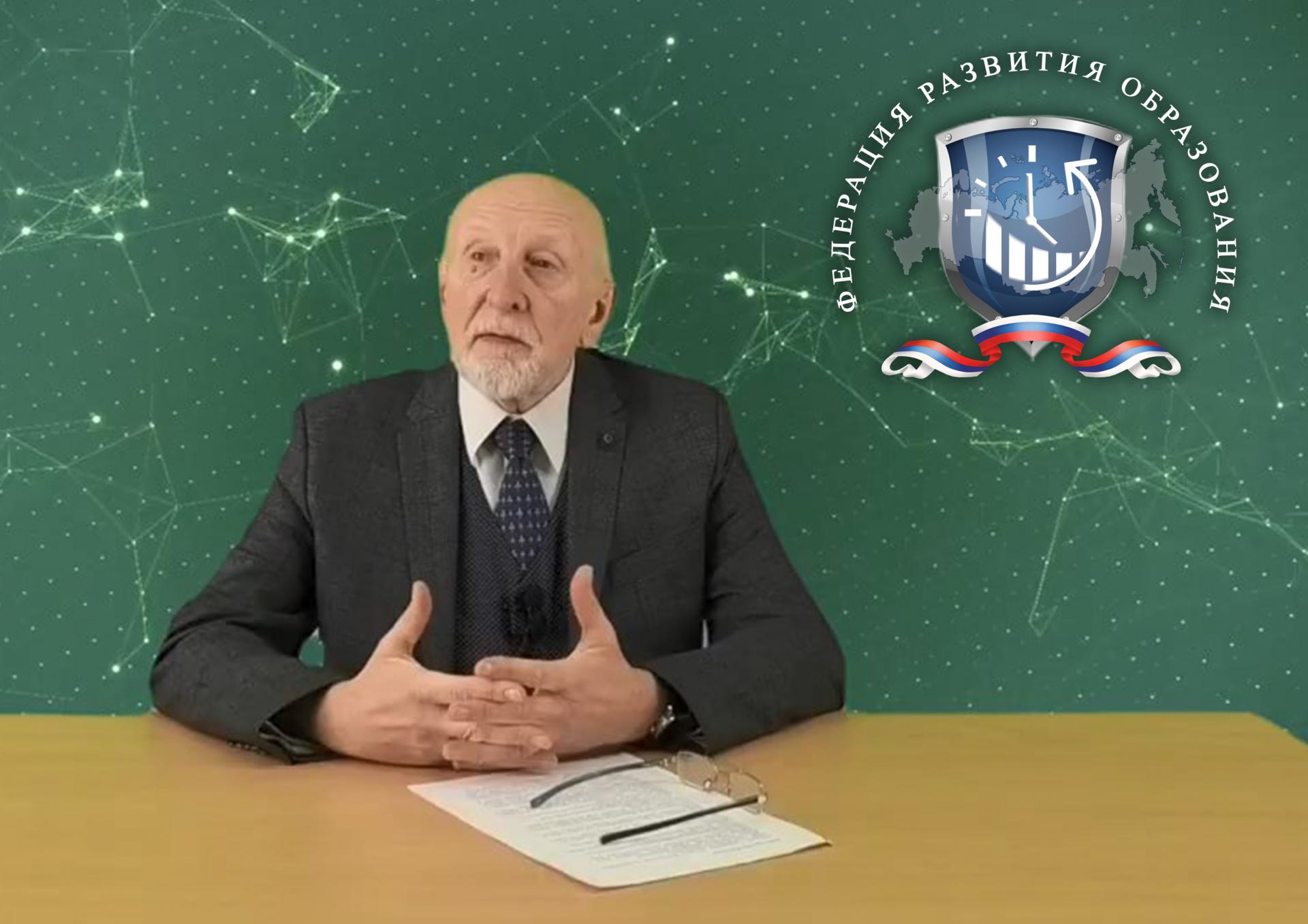
Born in a family of teachers of the Bryansk Machine-Building Institute. In 1980 he defended his Ph.D. thesis “Problems of the socio-economic history of Russia in the 16th-17th centuries. in the works of S.V. Bakhrushin. In 2005, at the Institute of History of the Russian Academy of Sciences in St. Petersburg, he defended his doctoral dissertation "Formation of the concept of the history of feudal Russia: historical science in the context of politics and ideology (1930-1950)". Associate Professor (1985). Author of works on Soviet historians of the 1930s-1950s, in particular the monograph "Historian and Power: Historical Science in the USSR and the Concept of the History of Feudal Russia in the Context of Politics and Ideology (1930-1950s)" (Bryansk , 2005).
a series of lectures by Professor, Academician of MANEB, Doctor of Science Ararat Aleksandrovich Pashayan
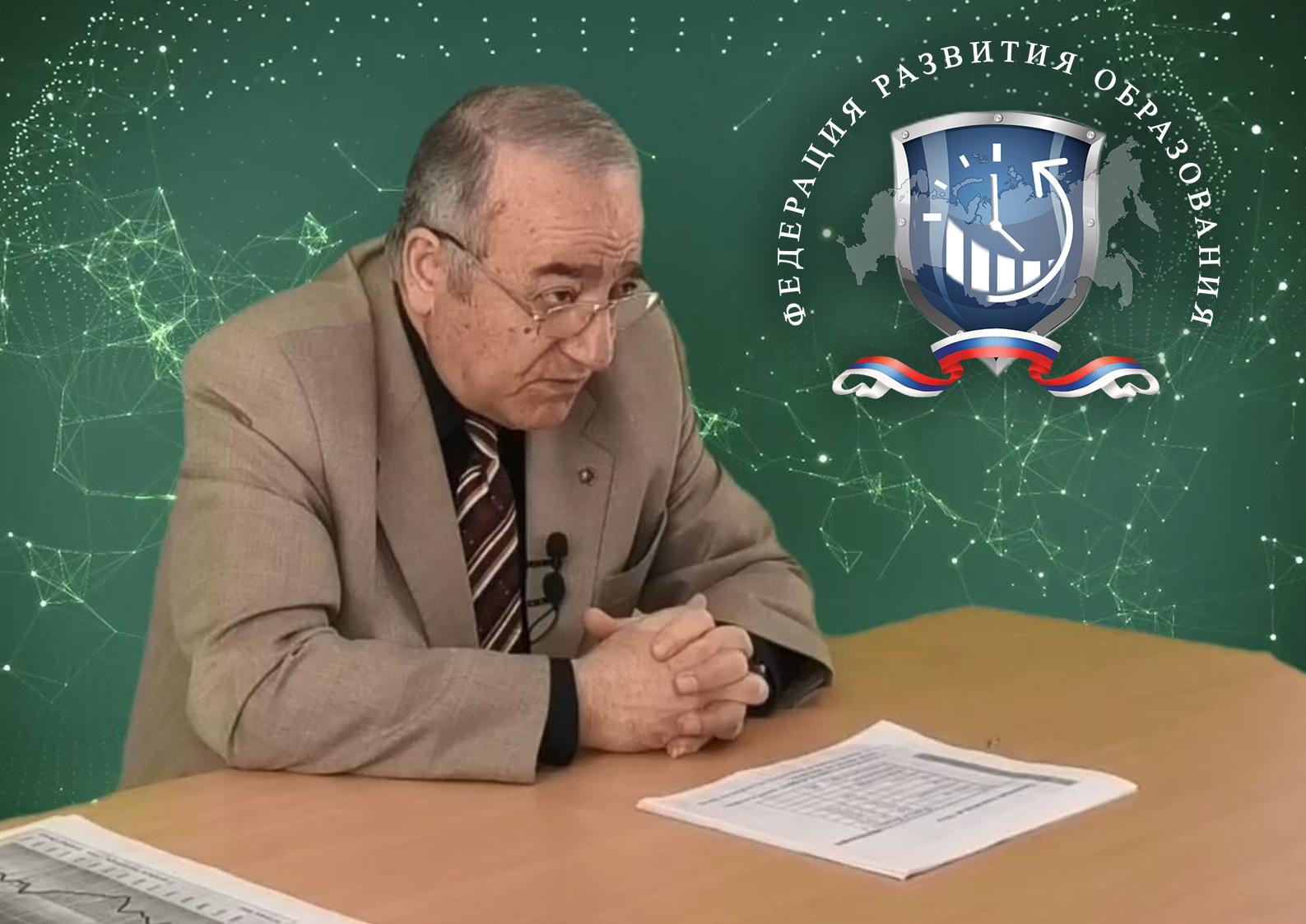
Graduated with honors from the Faculty of Chemistry of Yerevan State University in 1972. Specialty - chemist. Since 1973 he has been a post-graduate student of NIFKhI. L. Ya. Karpov (Moscow). In February 1977 he defended his Ph.D. thesis on the topic "Mechanism of intramolecular photochemical redox reactions of ortho - nitro aromatic compounds". PhD thesis was dedicated to the study of photochromia in compounds of the mentioned class. In 1999 he defended his doctoral dissertation at the Institute of Organic Chemistry of the National Academy of Sciences of the Republic of Armenia (Yerevan), and in 2001 at the Institute of Organic Chemistry named after. Zelinsky Academy of Sciences of the Russian Federation (Moscow) on the topic "Syntheses of some organic reagents by processing secondary raw materials of the chemical industry by combining photo- and thermochemical processes" in the specialty 02.00.03 Organic chemistry. Doctor of Chemical Sciences. In 2003 he was awarded the academic title of professor in the department of chemistry. Since 2003 full member (academician) of the International Academy of Sciences of Ecology and Life Safety.
a series of lectures by professor, literary critic Irina Anatolyevna Bikkulova
Irina Bikkulova is a candidate of philological sciences. Research interests: Russian literature of the 20th century; Silver age of Russian culture; creative work of M. Bulgakov. In 1992 she defended her Ph.D. thesis on the topic: “M. Bulgakov's novel “The White Guard” and his play “The Days of the Turbins” in the context of the literary process of the 1920s.” From 2004 to 2019 she was the dean of the Faculty of Philology of the Bryansk State University named after Academician I.G. Petrovsky. Since 2011 he has been a professor.
a series of lectures by an art critic, doctor of historical sciences Lola Utkirovna Zvonareva
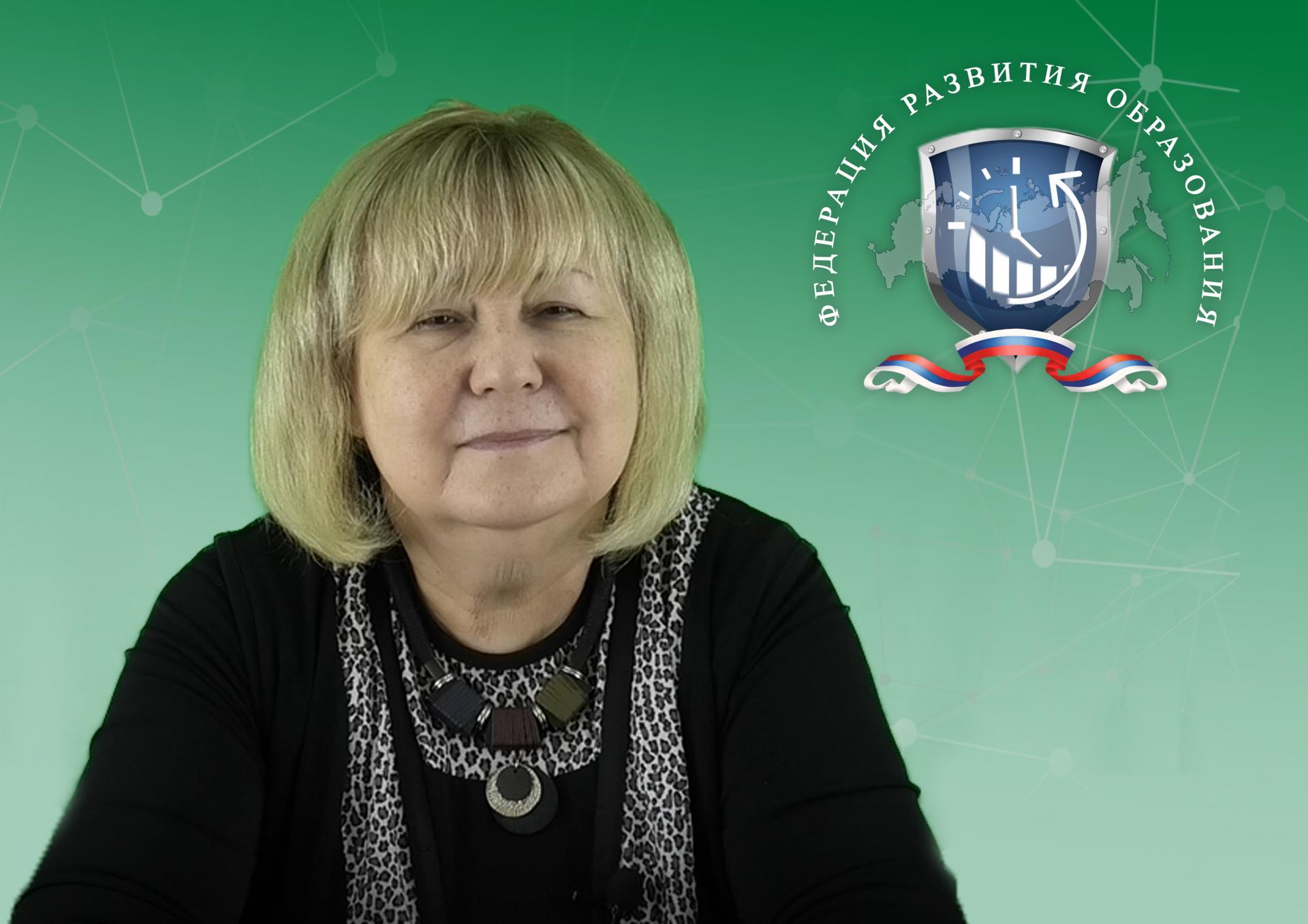
Lola Zvonareva was born in Moscow on July 28, 1957 in a family of institute teachers. The formation of Lola Zvonareva in the literary sphere began at the age of twelve, with her debut on the air of the All-Union Radio with poems in memory of Chukovsky. After graduating from Moscow school number 43, she entered the philological faculty of Moscow State University named after M.V. Lomonosov. While studying in my third year, I went to Minsk to better understand the work of Simeon of Polotsk, a Belarusian monk, the founder of East Slavic poetry. In Minsk, she began to collaborate with the magazine Maladost (an analogue of Yunost), where in December 1979 her first article was published under the title "Eternal Lines" (in Belarusian). At the same time (December 1979) she made her debut in the Literaturnaya Rossiya newspaper with an essay about Simeon Polotsky. In 1982 she received a university degree with honors, then completed her postgraduate studies at the Institute of Literature. Yanka Kupala of the Academy of Sciences of the BSSR. In 1988 she defended her Ph.D. thesis in philology on the topic "The work of Simeon Polotsky: origins, traditions, influences." She defended her doctoral dissertation on history "Simeon Polotsky: Worldview and Social and Political Activity" at St. Petersburg State University (1997). In 1990, she became one of the founders of the literary association of young writers "Black Hen", the author of their manifesto. From 1991 to 1995 was the deputy editor-in-chief of the international youth magazine “Together. Teenagers about themselves”, then worked for 17 years in the system of the Russian Academy of Education. Participated in about 100 conferences, including the MAPRYAL Congress (Pecs (Hungary), 2000), "International Experience in Social Work with Problem Children" (Washington (USA), 2000), "Woman in Russian Literature and Art: Author, Theme , hero” (Warsaw, Gdansk (Poland), 2002), etc.
a series of lectures by Professor, Doctor of Historical Sciences Dmitry Mikhailovich Volodikhin
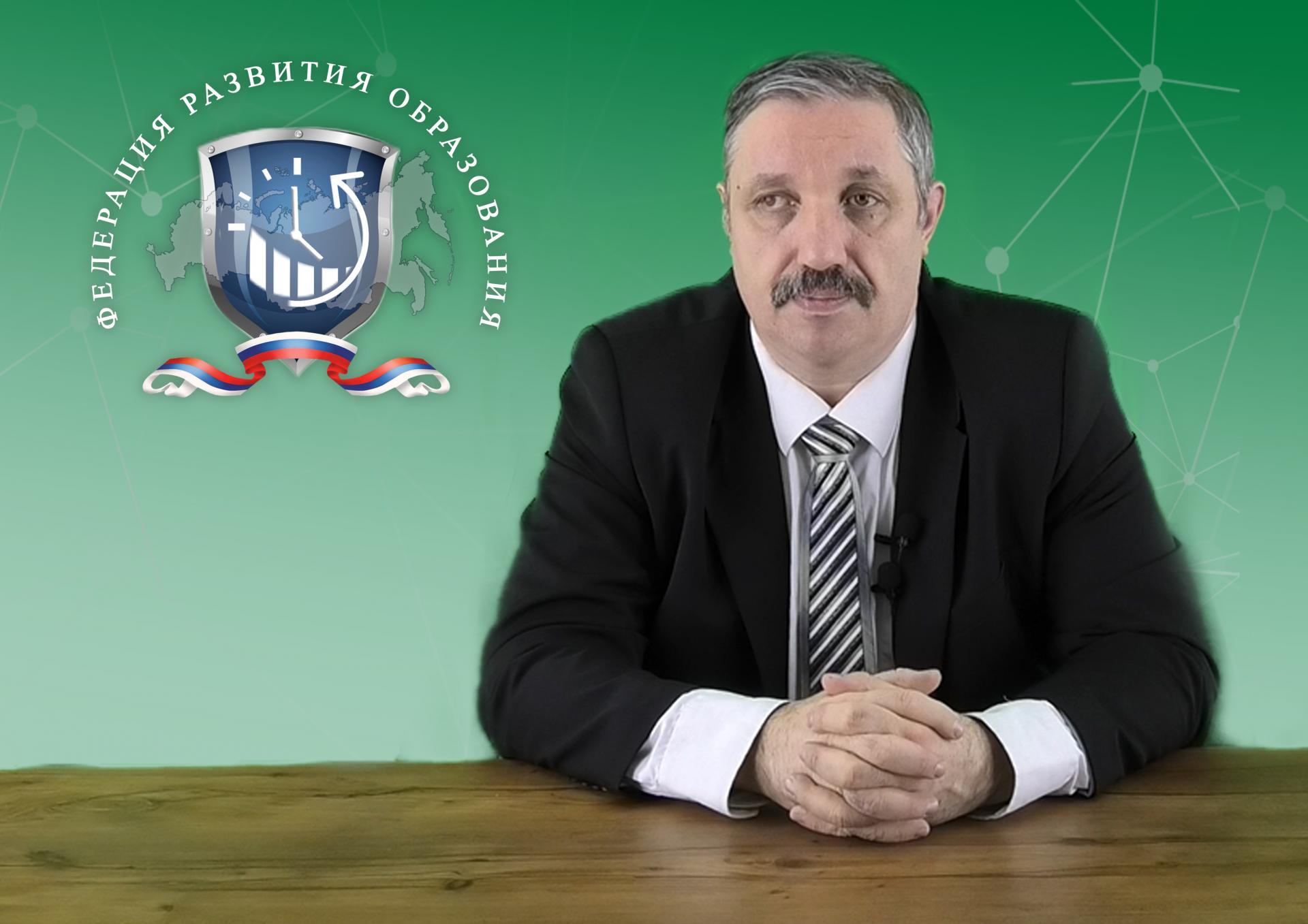
Russian historian, writer and literary critic, publisher. Doctor of Historical Sciences, professor at the Moscow State Institute of Culture and the Faculty of History of Moscow State University. Known as the author of a number of monographs on the history of the Russian Middle Ages, more than 500 scientific and popular science works, textbooks, critical articles, reviews, as well as fiction in the genres of science fiction, sacred fiction and fantasy. Considered the author of the term "folk history". In 1993 he graduated with honors from the Faculty of History of Moscow State University. In 1993-1995 studied at the postgraduate course of the Department of Source Studies under the guidance of V.A. plugin. Directions of scientific research: Political, cultural and military history of the Moscow state (second half of the 15th - 17th centuries), historical figures of the Moscow state (second half of the 15th - 17th centuries), creation of an independent Russian state under Ivan III, history of the Russian fleet in the pre-revolutionary period. Laureate of the I Prize for Young Scientists of Moscow State University for 1995, the Presidential Prize in the field of education for 2002, the Makariev Prize for 2013, the Spiritual Ascetic Prize for 2015, and a number of literary prizes.
series of lectures by Professor, Doctor of Historical Sciences Vladimir Vladimirovich Blokhin
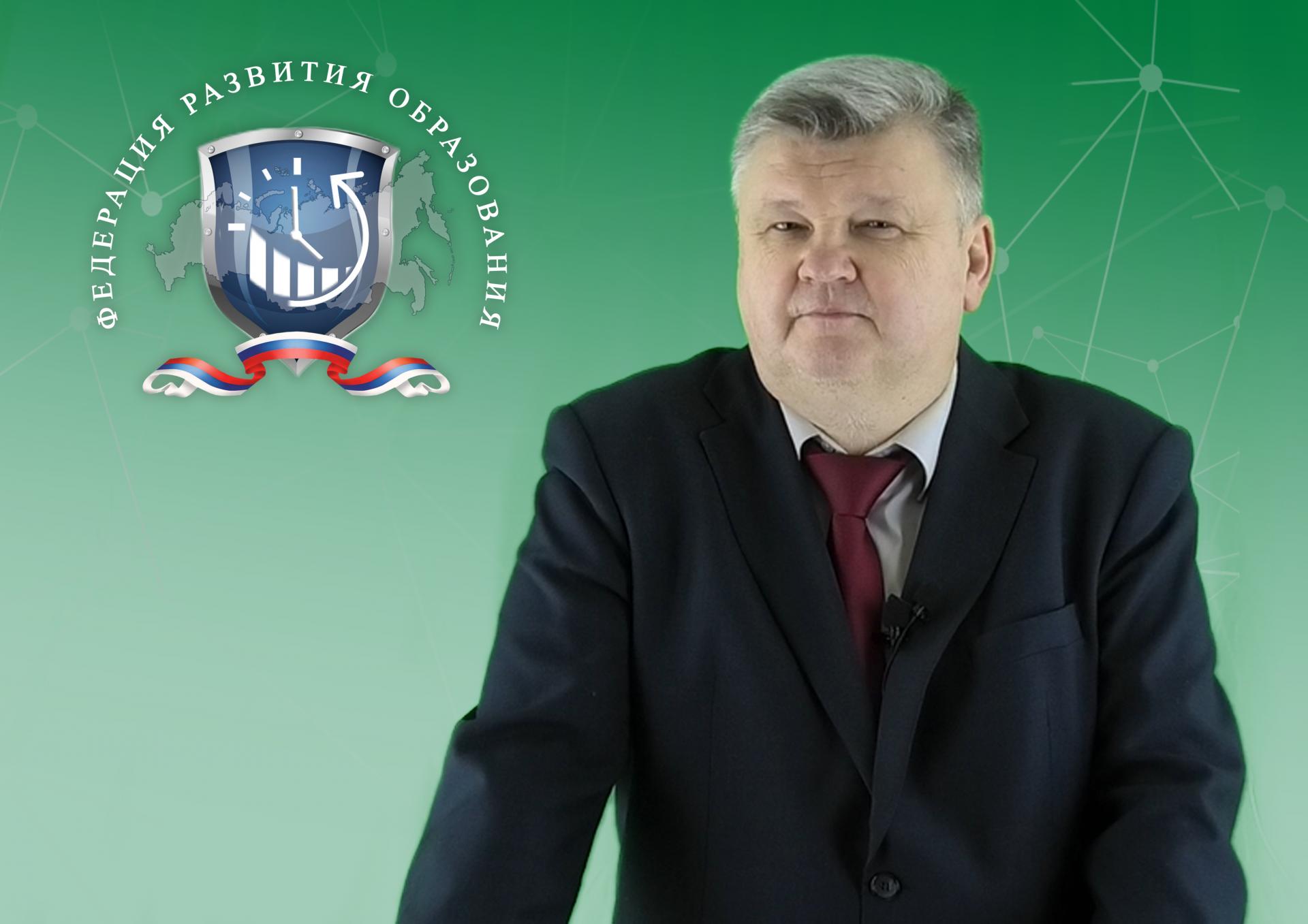
Vladimir Vladimir Blokhin - Doctor of Historical Sciences, Professor. Deep Analyst. Brilliant speaker. He researched and concretized the concept of liberal populism (“personalist” socialism) in Russia, and also established a complex of sociocultural factors in the formation of the “ethical-subjective” school of Russian sociology, its heuristic value, determined the ideological connection between the populist concepts of progress, the theory of the struggle for individuality and the doctrine of heroes and the crowd. Based on the results of the study of the concept of liberal populism, he published three monographs, but the largest study was the conceptually new book “The Gendarme of the Literary Republic. N.K. Mikhailovsky: life, literature, political struggle”, which recreates the socio-psychological portrait of the “ruler of thoughts” of the Russian intelligentsia, N.K. Mikhailovsky. The paper analyzes for the first time the attitude of the leader of Russian democracy to the legacy of the “Russian idea”, the work of I.S. Aksakov, K.N. Leontiev, F.M. Dostoevsky. He studied the populist democratic ideology and culture in order to identify the features of the social thinking of the intelligentsia. As a result of research, he established that in their attitude to reality, the intelligentsia contradictory combined love of freedom and ideological intolerance, scientific criticism and social dogmatism.
 lawuniversity.ru
lawuniversity.ru






